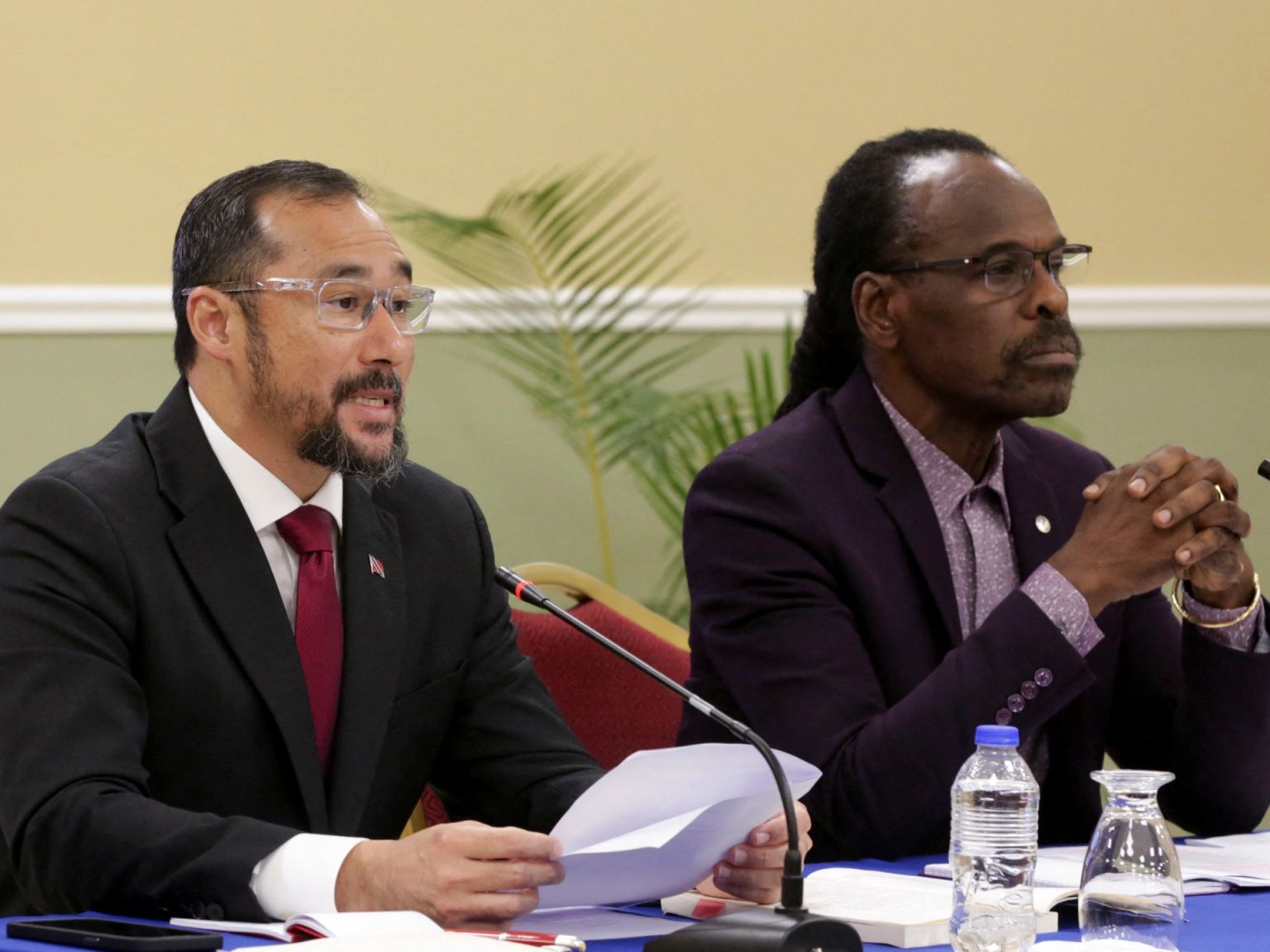The Caribbean republic of Trinidad and Tobago has declared a state of emergency in response to a significant increase in gang violence over the weekend. The decision was made in an effort to address the surge in gang-related activity, including reprisal killings. The declaration grants additional powers to the police, allowing them to make arrests based on suspicion of illegal activities, conduct searches of public and private premises, and suspend bail. However, no curfew will be imposed, and public gatherings and demonstrations will not be restricted.
The state of emergency was prompted by a violent incident over the weekend in the capital, Port of Spain, where a suspected gang leader was involved in a shooting outside a police station. A person was killed, leading to further reprisal attacks between local gangs. Within 24 hours, six people were fired upon in Laventille, resulting in five deaths. Acting Attorney General Stuart Young expressed concern about the potential for further violence and the use of high-calibre weapons in the attacks, which could threaten public safety. He did not disclose specific locations with concentrated gang activity but warned of increased violence throughout Trinidad and Tobago.
The use of high-powered, illegal firearms has been a significant concern in the Caribbean region, with many of these weapons illegally imported, particularly from the United States. The US is the largest weapons exporter globally, with a substantial number of private guns per capita. Firearms originating from the US have been connected to crimes across the Caribbean, including in Haiti, Jamaica, and Trinidad and Tobago. The US has collaborated with several Caribbean countries to combat the illegal firearms trade, with a focus on tracing the origins of seized weapons.
In Trinidad and Tobago, the proliferation of illegal firearms has been linked to a record homicide rate, with the country experiencing 623 homicides in 2024, including 263 attributed to gangs. The declaration of a state of emergency was seen as necessary to address the crisis presented by criminal elements and provide law enforcement with greater accessibility to confront them. The government emphasized the need to tackle the root causes of gang violence and the illegal weapons trade to ensure the safety and security of the population. Law enforcement agencies continue to work towards disrupting gang activity and reducing violence in the region.
The state of emergency in Trinidad and Tobago reflects broader concerns about the impact of illegal firearms on violence in the Caribbean and the role of external sources, particularly the US, in contributing to the problem. Efforts to trace the origins of seized firearms highlight the need for international cooperation in addressing the transnational nature of the illegal weapons trade. By addressing the supply of illegal firearms and working to dismantle criminal networks involved in gang violence, countries in the Caribbean, including Trinidad and Tobago, aim to improve public safety and reduce the threat posed by violent crime. Collaboration between nations is crucial in combating the proliferation of illegal weapons and addressing the root causes of gang violence in the region.


